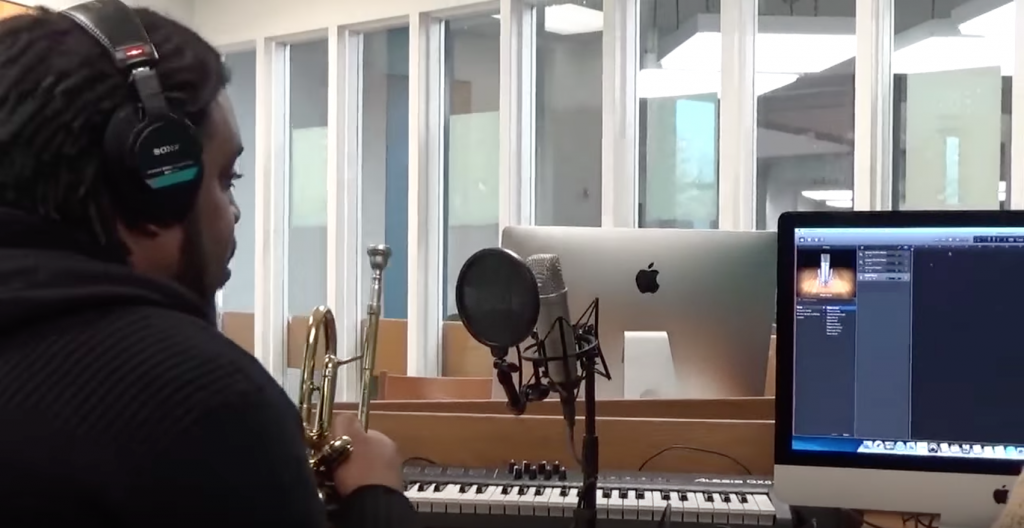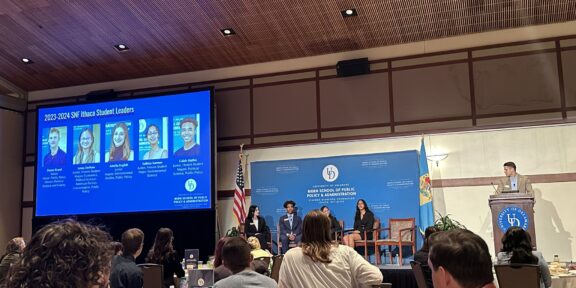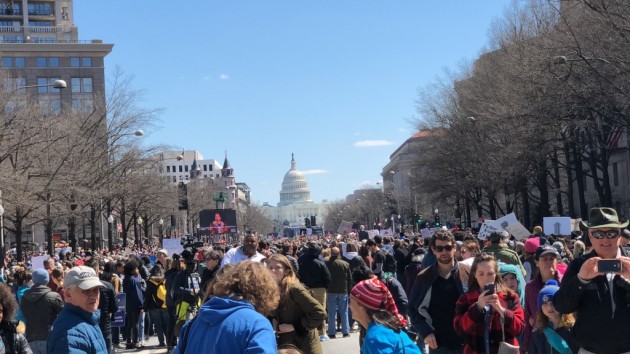Some Black college students cannot stop shopping, all in an effort to keep up with current trends and styles.
"I’ve seen kids come in here and spend $2,800 like it was nothing. It is nothing, to them," said Andre Simmons, an employee of Up Against the Wall a hip-hop clothing in Washington, D.C. "Meanwhile, some of the same kids can’t even seem to pay for books."
The amount college students are dropping on everyday items is surmounting.
"Personally, I like Smart Water, though is like $2.75, its worth it, the bottle is cool," said Nia KingRubie, a junior marketing major from Harlem, N.Y. KingRubie, who receives over nine-hundred and fifty dollars each month in expendable, unearned income was still unsatisfied with this amount.
"It’s just not enough. [the money] No matter how much money I have or have spent, I always find something else to buy, "she continued. "If I go to the mall and come out empty-handed, I feel incomplete like I haven’t achieved a goal or something. I don’t feel satisfied."
What is causing this trend? Some say it is the influence and bombardment of the media.
"They continue to shop and spend money, because they want to be like the celebrities they see on television, said Khalil Muhsin, a junior majoring in marketing in at Howard University. "They want to look like Kanye West and Snoop Dogg, but they don’t have the bank accounts of these celebrities. Where I’m from, I am able to see a lot of that. [irresponsible spending] Sadly, it seems to characterize much of the African-American population, in many major cities."
He may have a point. In the article "Credit Use Strangles Wealth" from Black Enterprise magazine, African-American debt is increasing faster than income explained writer Aissatou Sidime.
Federal Reserve Senior Economist and Project Director Arthur B. Kennickell conducted a survey of consumer finances to determine the distribution of wealth in the U.S. between 1998 and 2001.They found that minority families added on debt at a rate far greater than they increased their incomes, thereby reducing the overall wealth building power of every dollar they earned.
In other words, African-Americans are spending more than they make. Also, the debt that they are acquiring, is the worst of it’s kind due to high interest rates. This trend seems to be apparent for the young adults as well.
Alicia Scott, a junior majoring in marketing at Howard University, said that in order to buy a new outfit for homecoming, a very important event for most HBCUs, she will charge anywhere between four hundred and fifty to eight-hundred dollars on her credit card.
"It doesn’t matter what’s going on or what your doing, you must take the time to dress your best for any homecoming event, because all your competition will be doing the same," Scoot said. "The homecoming outfit is the most important outfit you will wear all year."
What are Black college students really learning?






